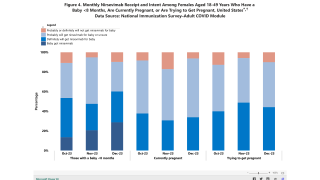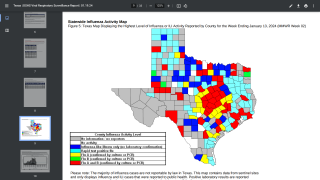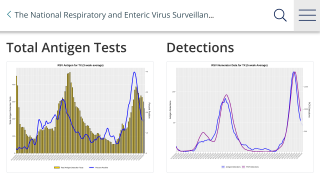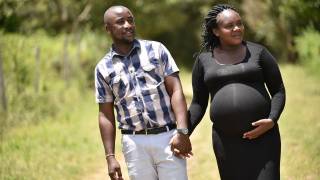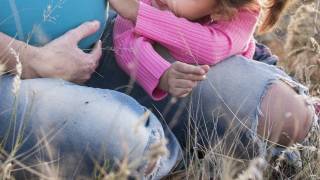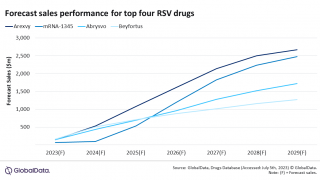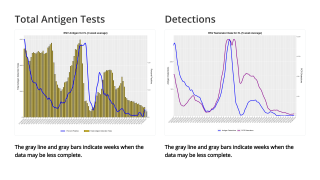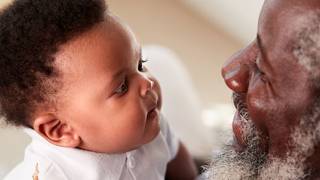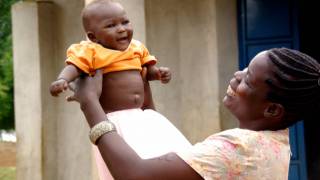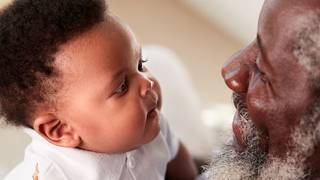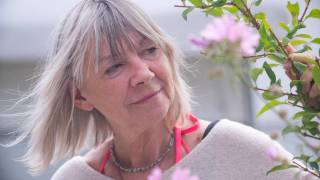St. Jude Licenses its SeVRSV Vaccine to Combat Respiratory Virus
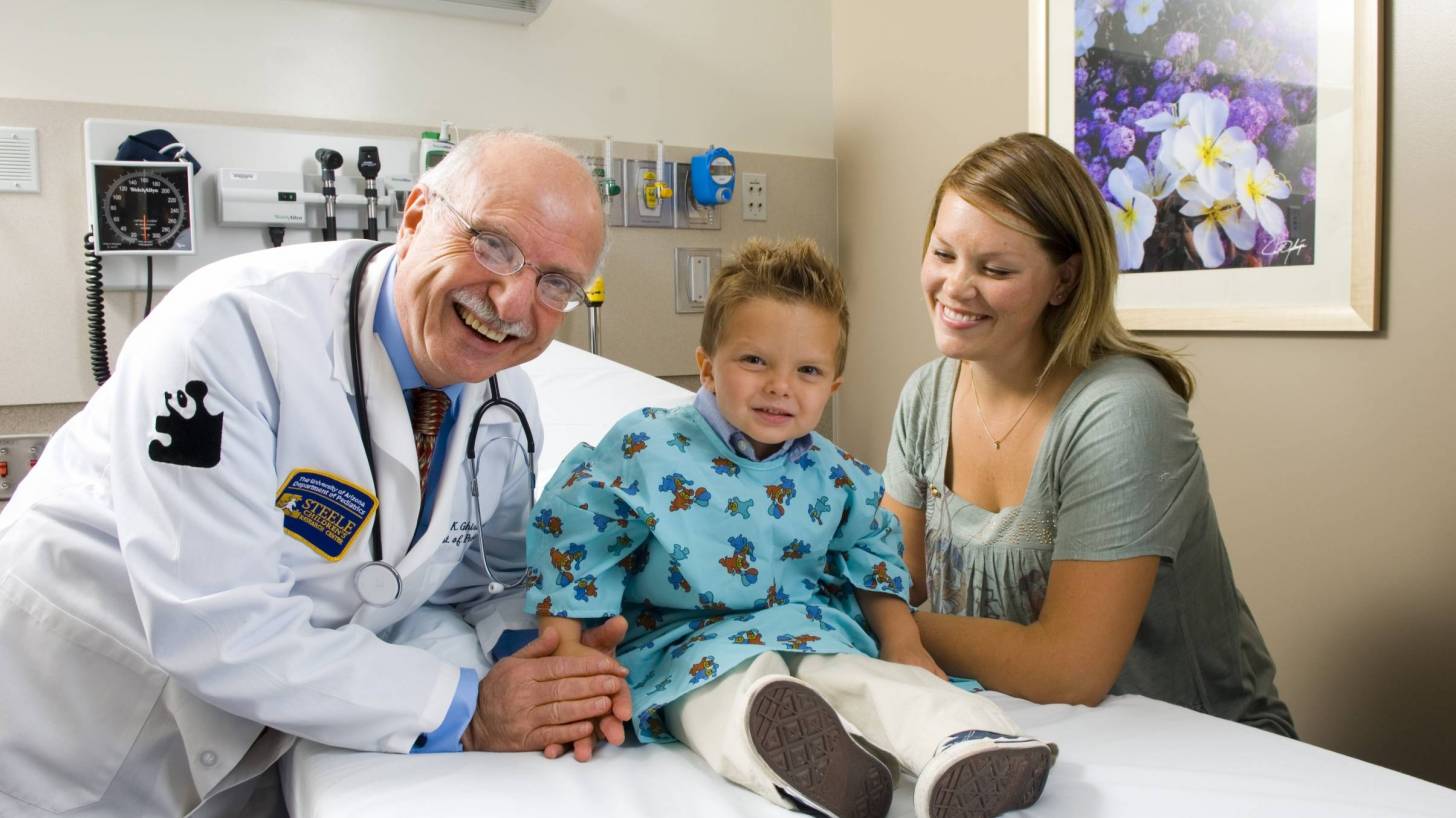
St. Jude Research Hospital has partnered with a leading vaccine manufacturer to complete the development and commercialization of its SeVRSV vaccine against the respiratory syncytial virus (RSV).
RSV is a virus that causes serious lower respiratory infections, especially for infants and older adults.
Most people recover in a week or two, but there are currently no approved vaccines for RSV.
The St. Jude vaccine uses a mouse parainfluenza virus type 1 that is modified to carry an RSV gene and prime the human immune response. To the immune system, the mouse parainfluenza virus type 1 looks similar to the human parainfluenza virus type 1, which is the most common cause of croup in children.
St. Jude researchers capitalized on this similarity in the SeVRSV vaccine to ready the human immune response and protect against serious illness from both RSV and croup.
"RSV remains a serious threat to infants worldwide during their first year of life and to anyone, including pediatric cancer patients, whose immune response has been weakened by illness or age," said James R. Downing, M.D., St. Jude president and chief executive officer.
The mission of St. Jude Children’s Research Hospital is to advance cures, and means of prevention, for pediatric catastrophic diseases through research and treatment.
Researchers have estimated that worldwide, in a single year, as many as 34 million children younger than 5 years old may experience an acute lower respiratory infection caused by RSV.
Each year, on average, in the United States, RSV leads to:
- 2.1 million outpatient visits among children younger than 5 years old
- 57,527 hospitalizations among children younger than 5 years old
- 177,000 hospitalizations among adults older than 65 years
- 14,000 deaths among adults older than 65 years
The World Health Organization (WHO) has estimated that the SeVRSV vaccine is one of dozens of candidate RSV vaccines in development worldwide. In preclinical tests, SeVRSV proved safe and effective. SeVRSV is designed to be administered to infants via nasal droplets.
In fact, according to the Centers for Disease Control and Prevention (CDC), RSV is the most common cause of bronchiolitis and pneumonia in children younger than 1 year of age in the United States.
The agreement gives Serum Institute of India the right to design and conduct clinical trials of the patented SeVRSV. Serum Institute of India Pvt. Ltd. is the world's largest vaccine manufacturer by number of doses produced and sold globally: more than 1.3 billion doses. They supply diphtheria, tetanus, pertussis, Hib, BCG, r-Hepatitis B, polio, measles, mumps and rubella vaccines. An estimated 65 percent of the world’s children receive at least one vaccine manufactured by the company.
St. Jude Children’s Research Hospital ensures no child is denied treatment based on race, religion or a family's ability to pay.
Although the vaccine is not yet available, there is help today for parents of high risk infants. Synagis [si-nah-jis] is an FDA-approved prescription injection of antibodies that is given monthly to help protect high-risk infants from severe RSV disease throughout the RSV season.
- Synagis contains virus-fighting antibodies that can help protect high-risk infants from severe RSV disease
- Each dose is needed every 28–30 days
- Your child may still get severe RSV disease after receiving Synagis.
You can learn more about Synagis here.
Our Trust Standards: Medical Advisory Committee




